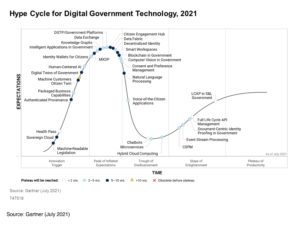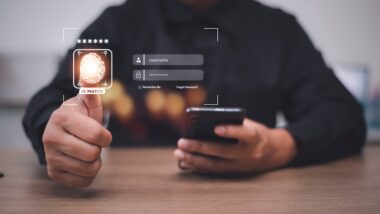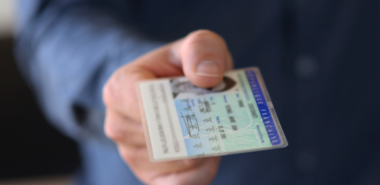
A legal identity is the legal registration and documentation of a person that enables that person to access rights, benefits and responsibilities in their country. This can include documentation of name, personal data, date of birth, and a unique identifier, whether in the form of biometric data or a unique identifying number.
Globally, there are currently an estimated 1.5 billion people without the means to officially verify who they are. However, because there is no universal indicator to measure legal identity, this number could be even higher.
The UN has recognized that when citizens of a country have legal identity, there are also often better human rights and development agendas – and so ‘legal identity for all including birth registration’ has been established as one of the UN Sustainable Development Goals for 2030.
As part of the monitoring process the UN is set to review the progress of this goal in 2019.
The importance of having a legal identity cannot be underestimated. To be undocumented means to be denied opportunities and possibilities to exercise civil and social rights. In practical terms, there is no distinction between an undocumented person whose birth was never registered and one whose birth was registered, but who never obtained his or her national identity document. As such, this has a direct effect on possibilities and opportunities for full participation in social, political, and economic life. Joseph Atick, Executive Chairman of ID4Africa, talks in the below video about how the provision of official identities helps people’s inclusion into society.
Without the primary documentation needed for legal identification, basic rights and services like social allowances, health care, school enrolment, the right to vote, bank accounts, mobile phones, and the ability to move within and outside countries is often restricted or out of reach.
A lack of legal identity also means that travel documents, driver licenses, pension and taxation schemes and insurance are all off limits to the citizen.
As a result, many people without legal identity live on the fringes of society, unable to get a job without a social security number, without access to doctors and other social security nets. This makes this marginalized group much more vulnerable to crimes like human trafficking, now the third most profitable criminal enterprise globally.
The problems associated with citizens not having legal identity continue to be prevalent across the globe. Right now, in Baghdad, for example, at least 45,000 children raised do not officially exist. Without any ID children cannot register for government school or access basic services such as healthcare. They are pushed to society’s margins.
To meet the legal identity UN Sustainable Development Goal, it is urgent that countries demonstrate exactly what they are doing to combat the legal identity crisis.
Once a country has a governance structure that is stable there are plenty of solutions available to help ensure citizens have access to their legal identity and the services that come with it.
Identity management solutions can no longer rely upon simply issuing physical ID cards as a robust means of creating legal identity. We believe that the future of legal identity will focus on using biometrics such as face, fingerprint, or iris. This is because establishing unique official digital identities with biometrics increases efficiency, negates human error, and reduces the likelihood of identity fraud. It is therefore the most trusted way to automate the various steps involved in the identity registration process.
Thanks to Gemalto Identity Management System, governments and state agencies can register and authenticate their population ensuring people are who they claim to be. By providing the framework for the transparent and effective delivery of identity verification services, we help them slash fraud and drive innovation.
As the digital transformation continues, we are becoming increasingly connected, making us part of bigger and bigger communities. We need to make sure that everyone has access to a secure digital means of identity, as this will to reduce the scale of a digital divide, which could create problems for governments and society. Indeed, in our next post we will discuss why legal identity strengthens a government’s institutional framework and prevents a destabilization of society.



